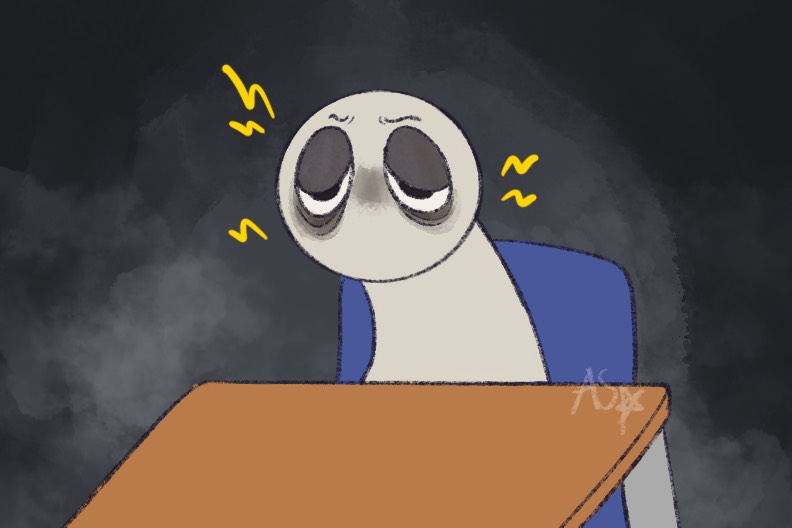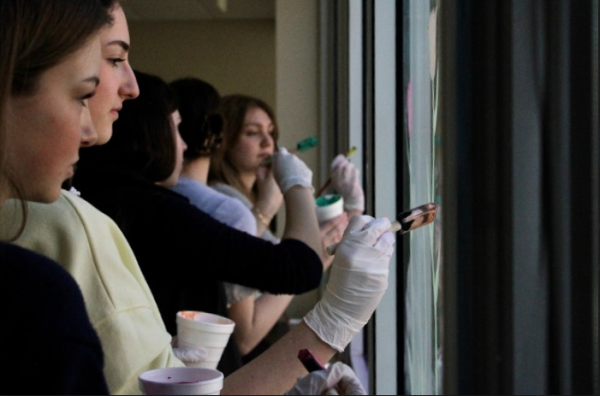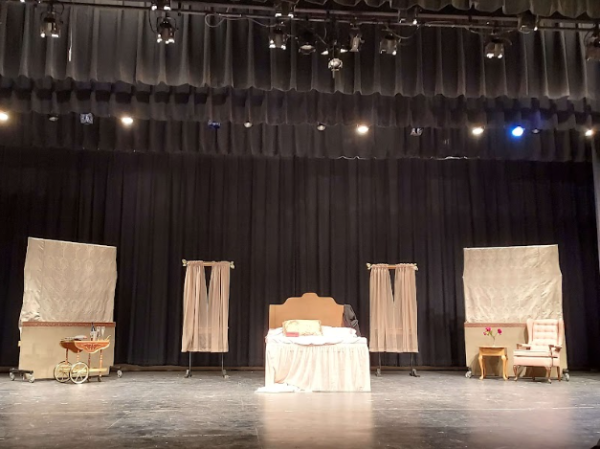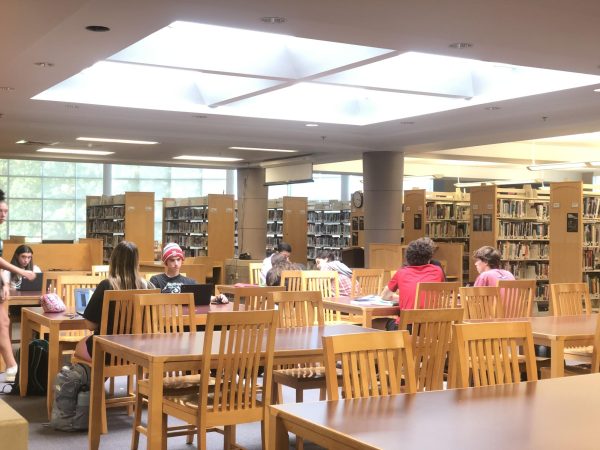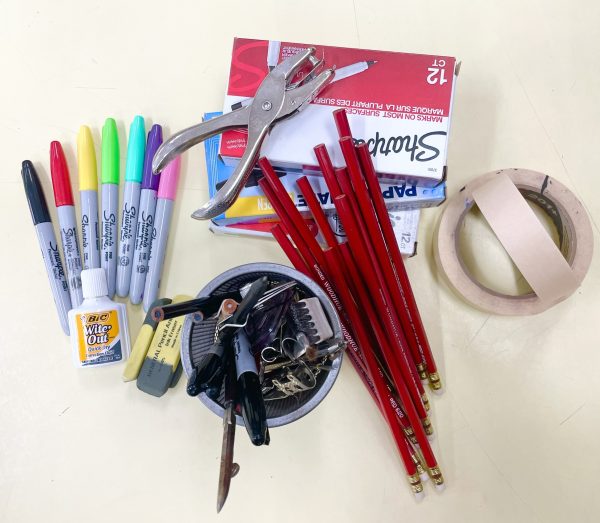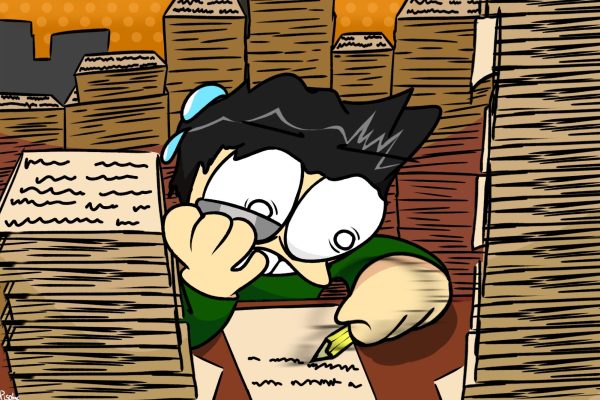Student Sleep Habits Suffer During the School Year
The Center For Disease Control (CDC) recommends that people sleep for eight to ten hours per night. But for students and staff, getting enough rest presents a challenge.
For some students, getting eight hours of sleep is not feasible.
“I get around six or seven hours of sleep usually, but I try to get eight,” said junior Dillon Ryan. “It’s enough for me to be functional throughout the school day, but it’s definitely a struggle to get up in the morning.”
Senior Zach Allen said that sleep loss has impacted his in school performance.
“I used to fall asleep in class,” said Allen. “It has happened a lot less recently, but I still get tired throughout the school day.”
Computer science teacher, Bill LaBaire, said he often observes the detrimental effects that lack of sleep has on students.
“The number of students sleeping in class, or even just nodding off, has been worse this year compared to years before,” said LaBaire.
He also said he believes that school affects his sleep schedule just as much as it does for any student.
“Even personally, it’s difficult to get to bed on time,” said LaBaire. “Part of that is because it’s hard to balance time between my personal life and school work.”
Senior Mason Boyce said he has to manage his lack of sleep.
“Most nights I get five to six hours of sleep, but I’ve learned to live off of it,” said Boyce. “I know that’s not the case with many other people though.”
Senior Cy Koppang said he prioritizes sleep.
“I usually get eight hours a night,” said Koppang. “I go to sleep at 9 p.m. every night; it’s become a routine at this point. Even though I can get enough sleep, I know it could be hard for others to do so.”
Other students relate to the sleep deprivation that Koppang describes, such as sophomore Noah Mitchell.
“I really don’t get enough sleep,” said Mitchell. “Typically I get around six to seven hours of sleep, but it varies from day to day.”
Freshman Ryan LeBlanc said he believes that getting adequate sleep can improve school performance.
“The amount of sleep you get is a big influence over your in-school performance,” said LeBlanc. “If you don’t sleep well, you won’t do well in school.”
Koppang agreed.
“It’s really important to get enough sleep in order to perform well in school,” said Koppang.
Boyce said his job at Lilac Hedge farms occupies his evenings.
“I find myself sacrificing sleep to get work done. With my job and homework, not getting enough sleep becomes a necessity,” said Boyce.
Assistant principal Michael Pratt said he believes students must maintain balance in order to get enough sleep.
“There’s no denying that everyone, students and staff, have a lot going on,” said Pratt. “But it’s good to have balance, and carve out time for what is important. Part of growing up is learning how to manage your time efficiently.”
School nurses Luong Duong and Louisa Corazzini often see students who complain of lack of sleep.
“On average, we admit 15 students a day who come to the health office who report feeling tired,” said Duong. “When big events happen the night before, it increases dramatically.”
Both nurses also described other factors that contribute to sleep loss, such as phone use, which impede a student’s ability to sleep well.
“The school allows enough time for students to sleep,” said Duong. “However, more and more students are unable to reach the required eight hours of sleep due to phone usage.”
Mitchell said he also believes that other factors may contribute to sleep loss.
“Homework takes up most of my time and cuts in on my time to rest,” said Mitchell.
LeBlanc said that even a minimal amount of homework has an impact on his home life.
“I get around eight hours of sleep a night,” said LeBlanc. “But even if I don’t have a lot of homework, I still feel drained after completing it.”
Besides homework, Ryan described several other factors that impact his nightly rest.
“Sports often interfere with my sleep and schoolwork,” said Ryan. “When I get back from track meets, it’s not usually until 8:30 p.m. or 9:30 p.m.”
Sophomore Isaiah Depina said he finds ample time to play both sports and rest.
“I spend one to two hours a day after school practicing volleyball,” said Depina. “I don’t find that it impacts my rest. I get seven to eight hours of sleep a night.”
Allen said he also has difficulty balancing his various school responsibilities.
“Between football, volleyball, and homework, I typically don’t end up going to sleep until midnight,” said Allen.
Depina said he believes that athletics may impose upon remaining well-rested.
“For people who play sports, it can be difficult to find that balance,” said Depina. “It’s extremely important to manage your time well to get enough sleep.”

Aiden is a senior staff writer for the Echo who enjoys playing guitar, boxing, and playing with a cat named Carl.
Abigail is a senior at Wachusett High School and enjoys drawing.



